D-Ribose: Uses, Interactions, Side Effects
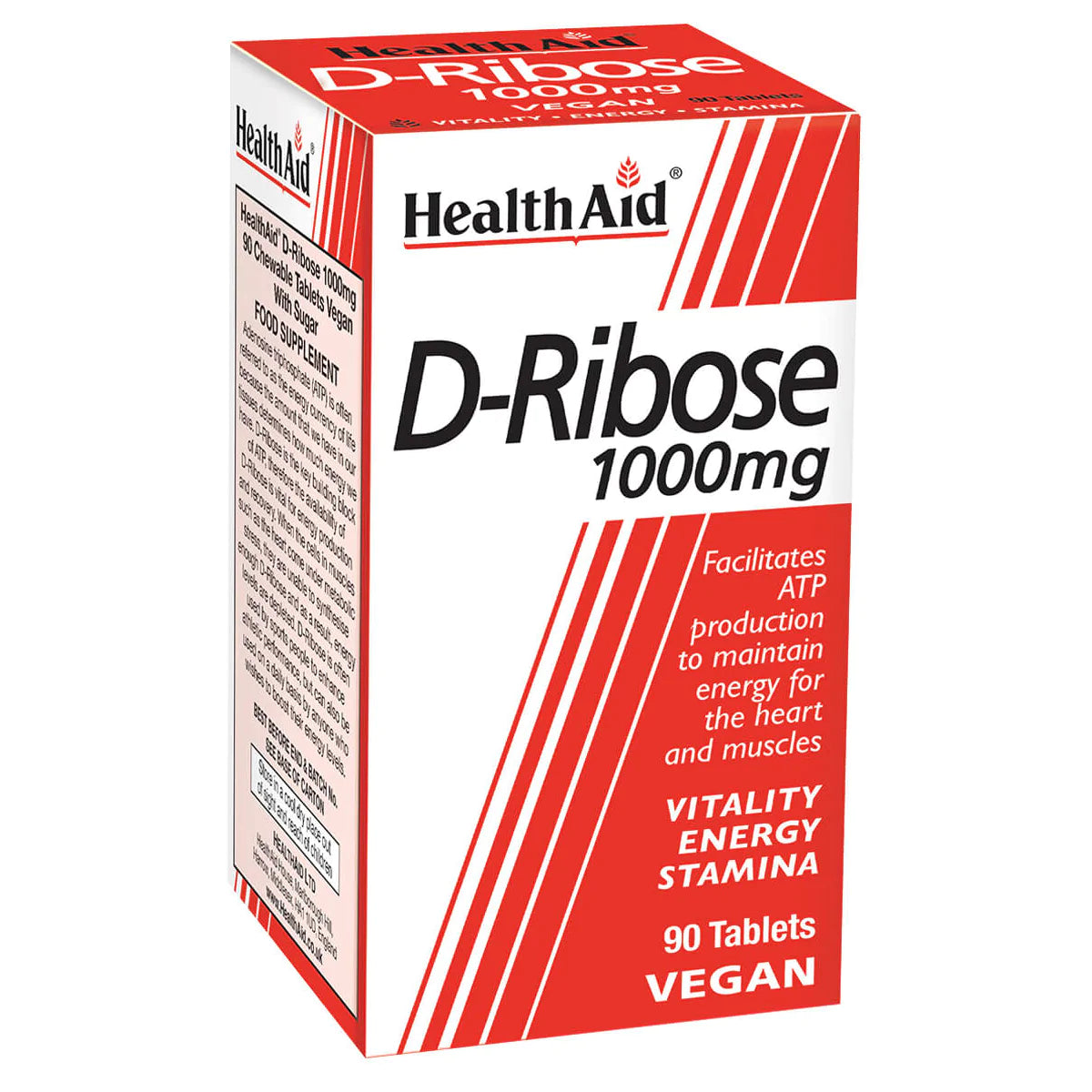
Related products
D-Ribose

Uses
Chronic fatigue syndrome (CFS) and heart failure are two conditions that are treated with d-ribose. Additionally, it is used to treat fibromyalgia, post-exercise muscle soreness, and other conditions.
D-ribose is used by some people to enhance athletic performance and speed up exercise recovery. Additionally, it is employed in the body's production of ATP, which is crucial for the generation of energy.
D-ribose can be consumed orally, but it is occasionally injected into a vein. D-ribose is typically taken orally in three evenly spaced doses each day. D-ribose may be administered intravenously (IV) for the first few days of treatment before being taken orally after that.
Dosage
The right amount of D-ribose to take depends on the user's age, health, and a number of other conditions. A suitable dose range for D-ribose cannot currently be determined due to a lack of scientific data. Keep in mind that dosages can be crucial and that natural products aren't always safe. Prior to using, make sure to read and follow all applicable instructions on product labels and speak with your pharmacist, doctor, or other healthcare professional.
Side Effects
When taken by mouth and as directed for up to 3 months, d-ribose is safe for most people. D-ribose has been used without incident in tests that could last up to 12 weeks.When administered correctly into the vein, d-ribose is POSSIBLY SAFE for up to 6 months.
Special Precautions & Warnings
When taken by mouth and as directed for up to 3 months, d-ribose is safe for most people. D-ribose has been used without incident in tests that could last up to 12 weeks. When administered correctly into the vein, d-ribose is possibly safe for up to 6 months.
Heart conditions: D-ribose may make them worse. Use D-ribose with caution if you have a heart condition.
High blood pressure: D-ribose may make some people's blood pressure rise. Use D-ribose with caution if you have high blood pressure.
Kidney issues: D-ribose may increase the level of nitrogen, a waste product, in the blood. This might exacerbate kidney issues. Use D-ribose with caution if you have kidney issues.
D-ribose and diabetes: D-ribose may raise blood sugar levels in diabetics. If you have diabetes, use D-ribose with caution and keep a close eye on your blood sugar levels.
D-ribose may impact blood sugar levels during surgery. It's feared that it might make it difficult to control blood sugar before, during, and after surgery. D-ribose usage must end at least two weeks beforehand.
Possible side effects of D-ribose include
gastrointestinal discomfort, diarrhoea, gas, bloating, headache, anxiety, insomnia, and
elevated blood pressure
The majority of the time, these side effects are minor and resolve on their own. Speak with your healthcare provider if you experience any of these side effects, especially if they are bothersome or severe.
If you experience any of these severe side effects, tell your healthcare provider right away:
swelling in the ankles, feet, andlegs, a racing or pounding heartbeat, and
muscle pain, weakness, and cramps.
The negative effects of D-ribose are not all listed here. For more details on the adverse effects of D-ribose, consult your doctor.
Interactions
D-ribose may interfere with some blood pressure or heart medications. Additionally, d-ribose has the ability to raise blood levels of nitrogen, a waste product. This could exacerbate kidney issues.
If you are taking any of the following medications, you should avoid taking D-ribose:
ACE inhibitors, including quinapril (Accupril), ramipril (Altace), enalapril (Vasotec), and lisinopril (Prinivil, Zestril);
beta blockers: nadolol (Corgard), atenolol (Tenormin), carvedilol (Coreg), labetalol (Normodyne, Trandate), metoprolol (Lopressor, Toprol XL), propranolol (Inderal, InnoPran), sotalol (Betapace), and others;
(Lanoxin) digoxin;
lithobid (lithium); or
Hydrochlorothiazide, furosemide (Lasix), and other diuretics/water pills.
Before taking D-ribose, check with your doctor if you are currently taking any of these medications.
Warning
There is a chance that some D-ribose brands contain dangerous bacteria. These products may result in severe infections that are potentially fatal. If the product's seal has been broken or it has been opened, do not use D-ribose.
Before ingesting D-ribose or administering it to a child, it is crucial to consult your doctor. D-ribose ought to only be used with a doctor's supervision.











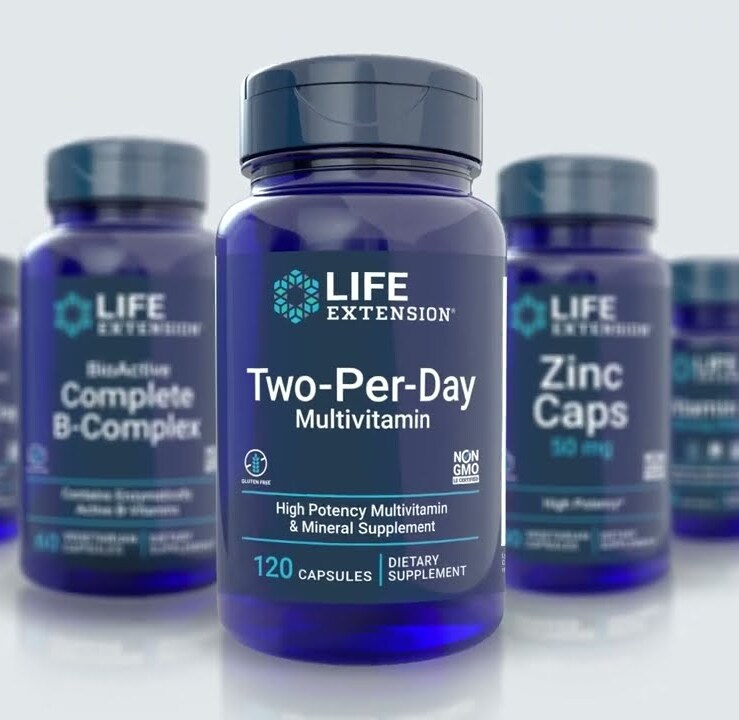




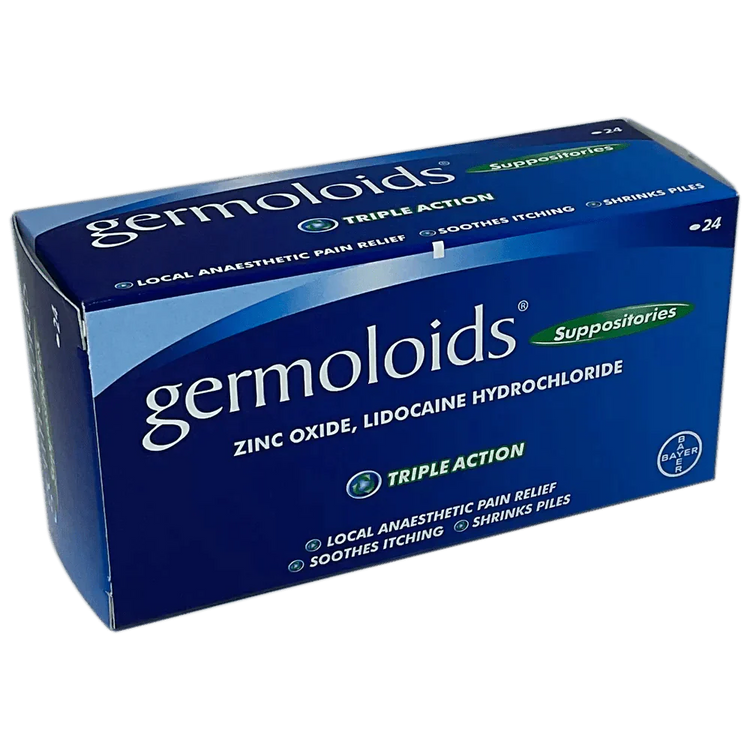
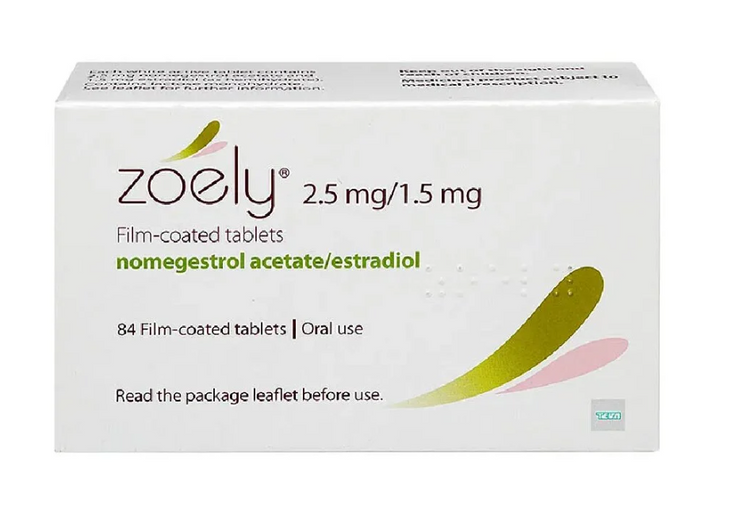
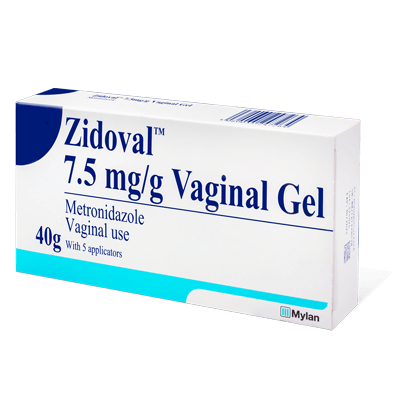

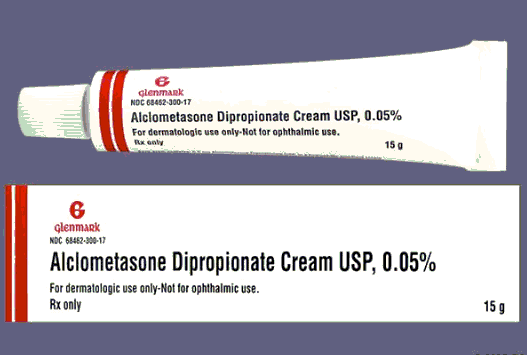
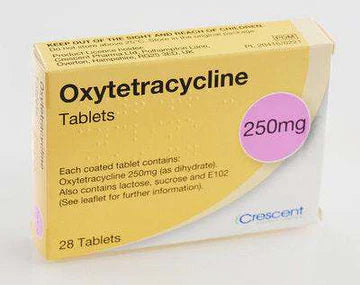
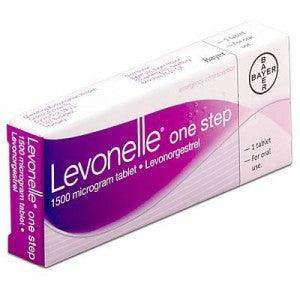
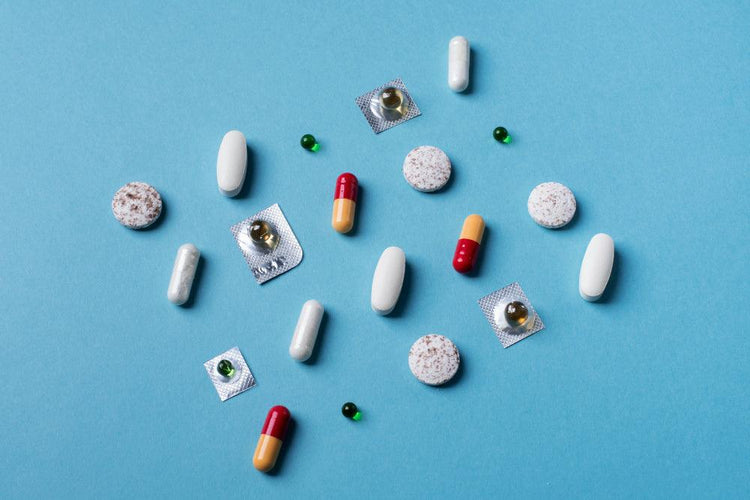


 Rated Excellent by 26,523+ Reviews
Rated Excellent by 26,523+ Reviews